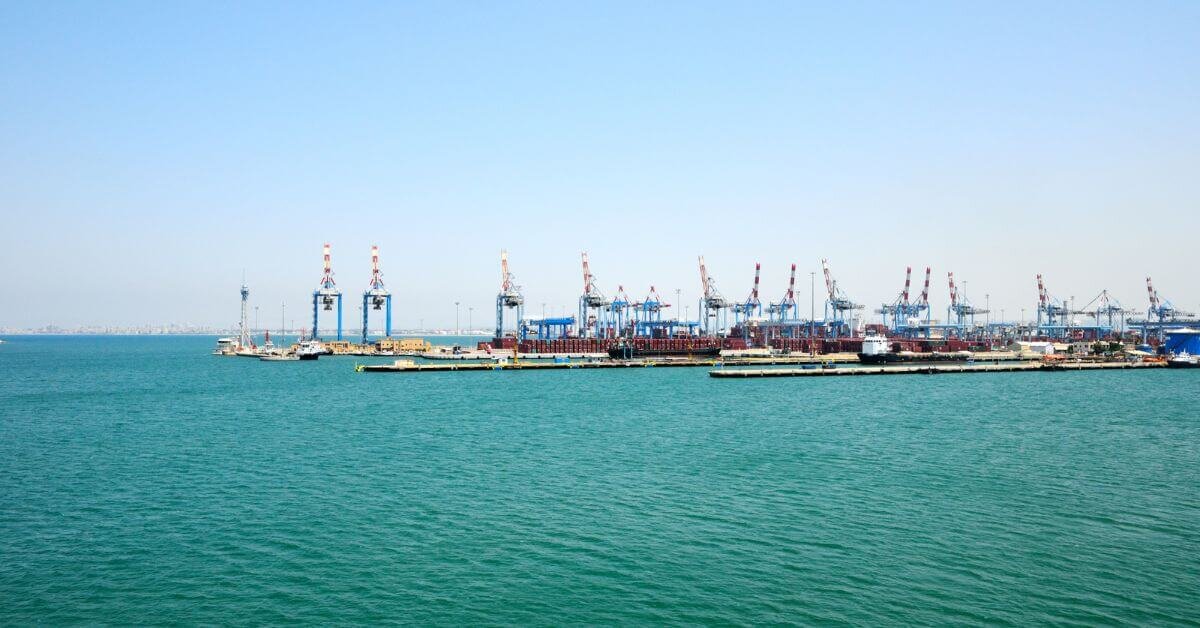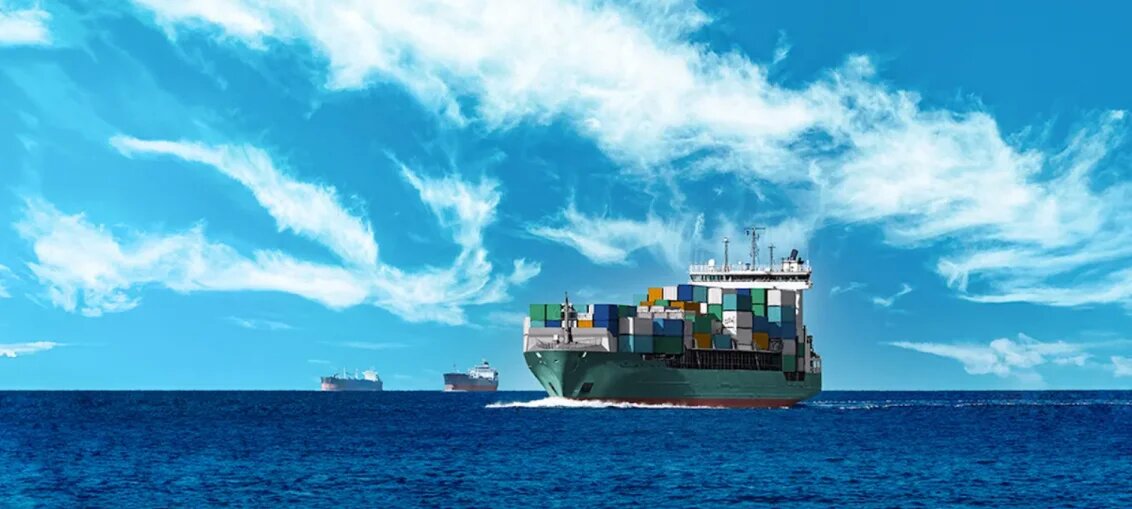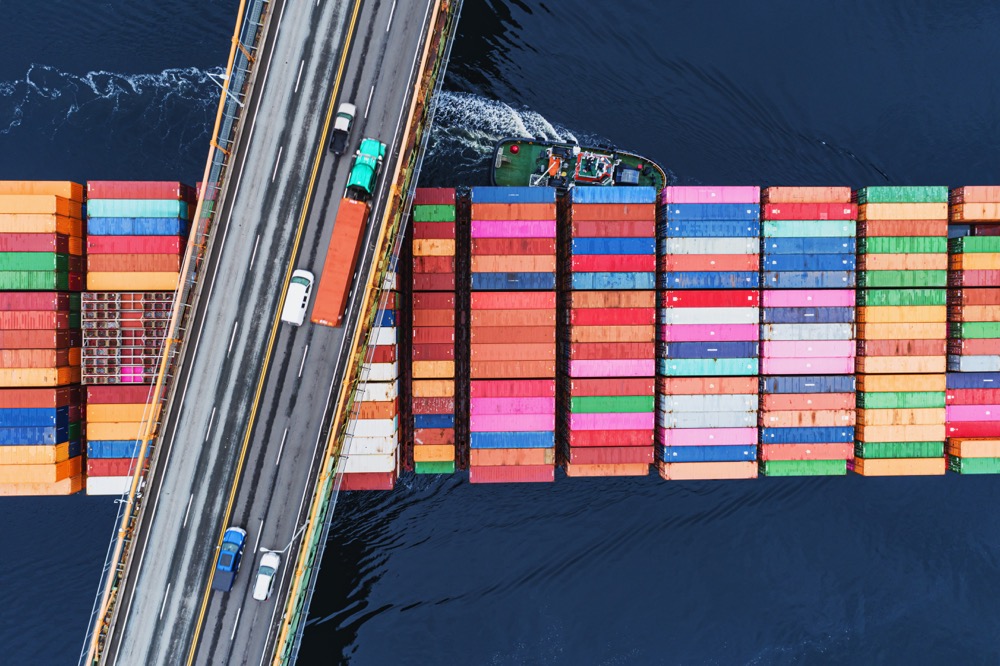P&O Ferries has taken a significant step toward sustainable maritime operations by transitioning its vessel, Pride of Hull, to run permanently on lower-carbon biofuel. This move makes it the first ferry on the Hull–Rotterdam route to operate entirely on B30 biofuel, following a successful trial.
The adoption of biofuel marks a major milestone in P&O Ferries’ broader strategy to reduce emissions across its fleet and aligns with global climate goals.
Pride of Hull, one of Europe’s largest ferries at 215m in length, serves a vital trade and travel corridor between the UK and mainland Europe. It can carry up to 1,360 passengers and 400 freight vehicles.
By switching to B30 biofuel, the vessel is now cutting lifecycle greenhouse gas emissions by approximately 20 per cent compared to traditional marine fuels, all while maintaining service reliability.
This transition supports compliance with the EU’s FuelEU Maritime regulation, which came into effect in January 2025 and mandates progressive reductions in greenhouse gas intensity for ships over 5,000 gross tonnage.
Stewart Hayes, Fleet Director at P&O Ferries, emphasized the importance of turning climate ambition into action during Global Goals Week. He noted that the adoption of biofuels not only helps customers meet their sustainability targets but also contributes to cleaner journeys and supply chains.
This initiative is part of a broader commitment by P&O Ferries’ parent company, DP World, to reduce emissions by 42% by 2030—exceeding European standards aimed at limiting global temperature rise.
The decision to use B30 biofuel followed consultations with engine manufacturer Wärtsilä and leading fuel suppliers. It was chosen as the most practical transitional fuel, offering significant emissions reductions without requiring costly engine conversions.
In contrast, alternatives like methanol and ammonia would necessitate extensive modifications or replacements. This latest move builds on P&O Ferries’ previous carbon savings of over 135,000 tonnes, achieved through hybrid ship deployment and fleet optimisation.




